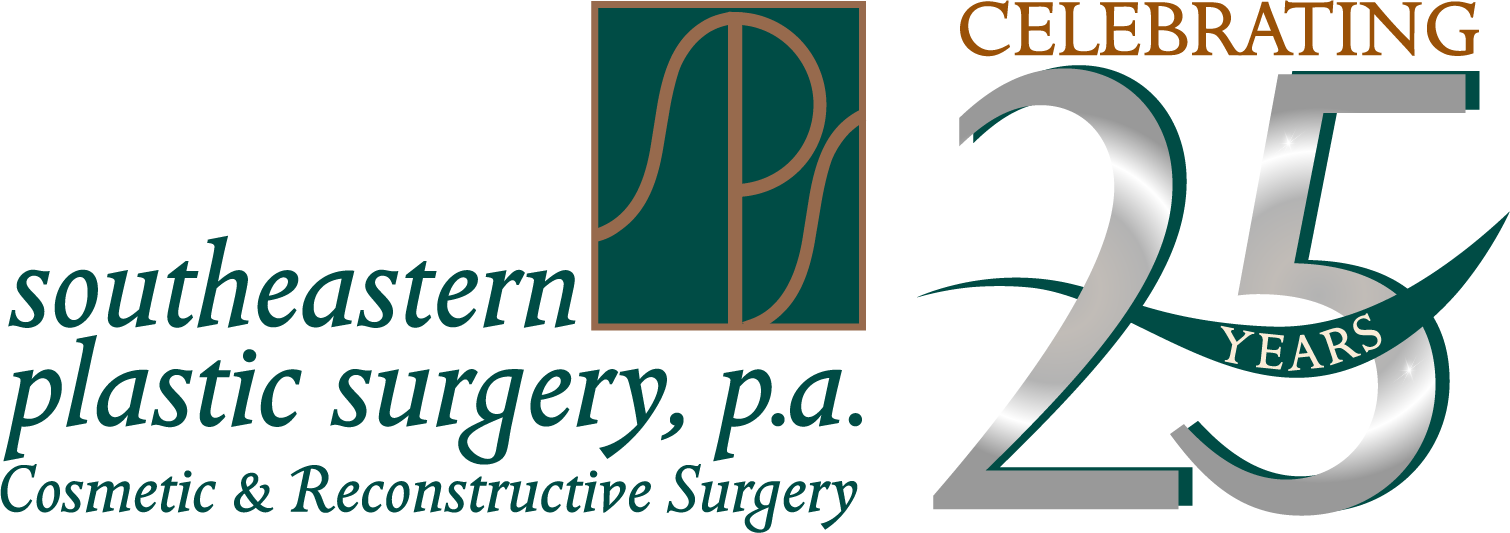

by Greta Cooper
(from the Society of Plastic Surgical Skin Care Specialists Newsletter. Click here to download a PDF of the article)
My clients often ask me what the most effective anti-aging product is. They are usually surprised when I tell them that I believe it is sunscreen. I have a large display of anti-aging skin care products out in the lobby, so why am I choosing sunscreen to be my #1 anti-aging product?
The sun has the most impact on how our skin will age. This is a fact: 80% of visible skin aging is caused by sun exposure. Consequently, finding the right sunscreen is critical. Our clients need to feel comfortable wearing it daily. It has been challenging for me to find an aesthetically pleasing, chemical free sunscreen that my clients will wear. In my opinion, the proper sunscreen must include titanium
dioxide and/or zinc oxide in its active ingredient list. (The higher
the % of each, the better.) Physical sunscreens seem to be superior
protection than chemical choices for a few reasons:
- They reflect the sun, not absorb it.
- More stable in sunlight
- Non irritating
- Better protection from UVA (aging ray)
There is new evidence to support choosing a sunscreen with
antioxidants. At www.modermedicine.com they state:
Some topical sunscreen products now include antioxidants. “Antioxidants are the new frontier in sunscreen research. No sunscreen blocks all of the damaging rays of the sun, so antioxidants are necessary to block the UV radiation that ‘got past
the sunscreen,'” Dr. Dr.aelos says.
One recent 12-week clinical study, conducted by Thomas Meyer, Ph.D., and colleagues at Schering-Plough HealthCare Products, Memphis, Tenn., measured the effects of daily application of broad-spectrum sunscreens containing blends of antioxidants proven to significantly reduce formation of free radicals in the presence
of UV light. A poster was presented at the 2010 annual American Academy of Dermatology. Results showed that women who began the study with mild-tomoderate photodamage had notable improvement in multiple parameters that contribute to the cosmetic signs of premature aging, including visible dryness, mottled skin tone, laxity, roughness, and the appearance of fine lines and wrinkles.
In our office, we have two plastic surgeons, one P.A. and two aestheticians. A large percent of our time is spent treating the effects of the sun. Our clients spend their hard earned money on anti-aging skin care including retinols, antioxidants and amino acids to combat free radical damage. We offer growth factors and peptides that also have good science behind them as well. The other aesthetician, Annie, and I educate ourselves on delivery systems and how inactive ingredients affect active ones. We consult with the doctors as to effective multi-layered treatments that include IPL, chemical peels, and even Fraxel technology. Since so much money and time is spent on the effects directly related to the sun, it
stands to reason that we should educate ourselves and our clients on proper sunscreen habits.
Before I start any treatment, I spend time getting to know my client. I find out what their attitude toward sun protection may be. Then I work with them to pick the sunscreen that best suits their skin type and lifestyle. For our part, we have chosen chemical free, easy-to-wear, antioxidant rich sunscreens. I hand out samples to try. I want them to love their sunscreen. If I cannot accomplish this at the beginning, any treatment of photodamage is almost pointless.
Greta received her Bachelor of Science degree in 1981. Since then she has taught school, had experience in retail sales and spent 24 years working for Delta Air Lines. Her interest in skin care led her to earn her license as an aesthetician and join Southeastern Plastic Surgery, P.A. in Tallahassee, FL. Greta has attended the International Dermal Institute for advanced study. Her areas of experience include teen acne and anti-aging treatments.
Email Greta at [email protected]



Leave a Reply